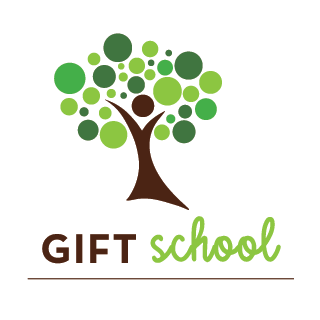At the Gift School we believe that it is a school’s job to adapt to the needs of each child. Our methods are inspired by multiple teaching methods including, but not limited to, Montessori.
Preschool and kindergarten classes are Montessori focused. This implies that children of different development levels are grouped together in a class in which each child is free to do the activities that he or she is interested in doing. It is therefore on the basis of each child’s individual interests that his or her path of learning is drawn.
Emotions also play an important role in children’s learning. Because self-observation is so closely linked to social skills, children from the youngest age are guided to observe and identify their own feelings and emotions which society so often teaches us to hide away.
Children learn through manipulation, experience and social interaction. Maria Montessori’s breakdown of the first 6 years into 11 sensitive periods serve as a guideline for Gift School educators to accompany children through learning processes which they experience as natural and enjoyable. Children learn effortlessly and without even realizing they are learning building block skills.
Another teaching method which has a central role in the Gift School’s approach is that of Célestin Freinet. Through self-correcting exercises, preparing oral presentations, organizing collaborative group decisions with regards to everyday school life…. All of these techniques are used in class, depending on the children’s age.
And because education is a constantly evolving science, the following notions are also integral parts of the school’s teaching methods:
- cooperation / team work
- chronoeducation (the influence of the biological clock on the learning process)
- brainbased learning
- the theory of multiple intelligences
- personal development
- management of emotions
- mindfulness and empathy
- intergenerational connections
The needs and cognitive abilities of each child determine the educational approach used by their teachers. Reduced classroom size is also key to the Gift School’s approach to education. No class has more than 18 children.
The combination of teaching methods allows students to progress and grow, not based on a standardized checklist of accomplishments but based on their unique strengths, interests, and individual learning styles. Teachers are also either trained in or familiar with the French National Education system and they can therefore use tools from this resource as well.
